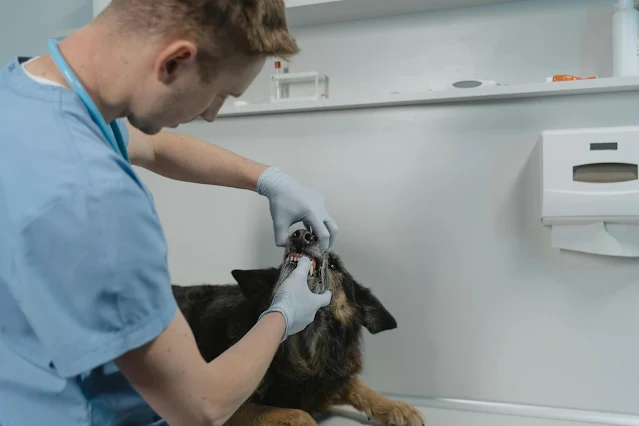Understanding Pet Care: Frequency of Veterinary Check-ups for Different Animals
Regular veterinary check-ups are essential for maintaining the health and well-being of our beloved pets. However, the frequency of these check-ups can vary depending on factors such as the species, age, and overall health of the animal. In this article, we'll explore the recommended frequency of veterinary check-ups for different types of pets, empowering pet owners to provide optimal care for their furry companions.
Dogs
Dogs typically require annual veterinary check-ups, although the frequency may vary based on factors such as age, breed, and existing health conditions. Puppies and senior dogs may benefit from more frequent check-ups, with puppies needing several visits in their first year for vaccinations, deworming, and wellness exams. Senior dogs may require semi-annual check-ups to monitor for age-related health issues such as arthritis, dental problems, and organ dysfunction.
Cats
Like dogs, cats generally require annual veterinary check-ups, although individual needs may vary. Kittens should receive multiple check-ups in their first year for vaccinations, parasite prevention, and overall health assessments. Senior cats may benefit from semi-annual check-ups to monitor for age-related conditions such as kidney disease, dental issues, and hyperthyroidism.
Small Mammals (Rabbits, Guinea Pigs, Hamsters, etc.)
Small mammals such as rabbits, guinea pigs, and hamsters may require less frequent veterinary check-ups compared to dogs and cats. However, regular wellness exams are still important to monitor for signs of illness, dental problems, and nutritional imbalances. Depending on the species and individual health status, check-ups may be recommended annually or semi-annually.
Birds
Birds are prone to unique health issues, and regular veterinary check-ups are crucial for maintaining their well-being. Annual check-ups are typically recommended for pet birds to assess overall health, monitor for signs of disease, and discuss dietary and environmental needs. Birds with existing health conditions or those living in multi-bird households may require more frequent check-ups.
Reptiles and Amphibians
Reptiles and amphibians have specific husbandry requirements, and regular veterinary check-ups are essential for detecting and preventing health problems. Frequency of check-ups may vary based on species, age, and environmental factors, but annual or semi-annual exams are generally recommended. These check-ups should include assessments of temperature and humidity levels, dietary recommendations, and screenings for common reptile diseases.
Exotic Pets (Ferrets, Hedgehogs, Sugar Gliders, etc.)
Exotic pets have diverse healthcare needs, and the frequency of veterinary check-ups may vary widely depending on the species and individual health status. Some exotic pets, such as ferrets, may benefit from annual check-ups similar to dogs and cats, while others may require more frequent monitoring due to their specialized dietary and environmental needs. Consult with a veterinarian experienced in exotic pet care for personalized recommendations.
Regular veterinary check-ups are a cornerstone of responsible pet ownership, ensuring that our furry, feathered, and scaly friends receive the care they need to thrive. While the recommended frequency of check-ups varies between species and individuals, pet owners should prioritize preventive care and schedule regular appointments with their veterinarian to monitor for signs of illness, address health concerns, and promote overall well-being. By working closely with a trusted veterinarian, pet owners can provide their beloved companions with the best possible care throughout their lives.


Comments
Post a Comment